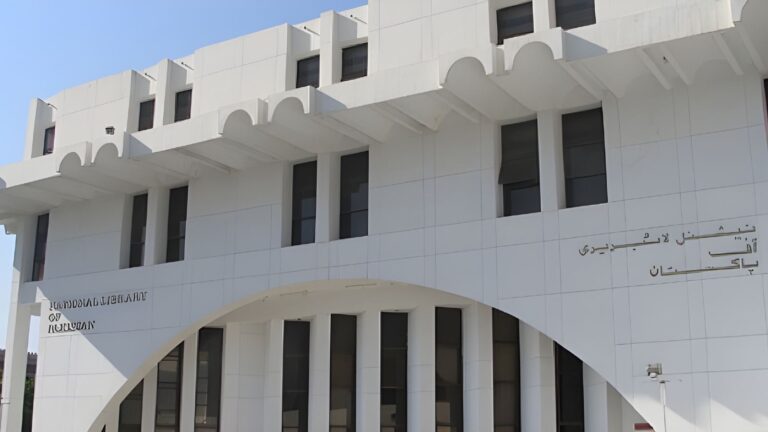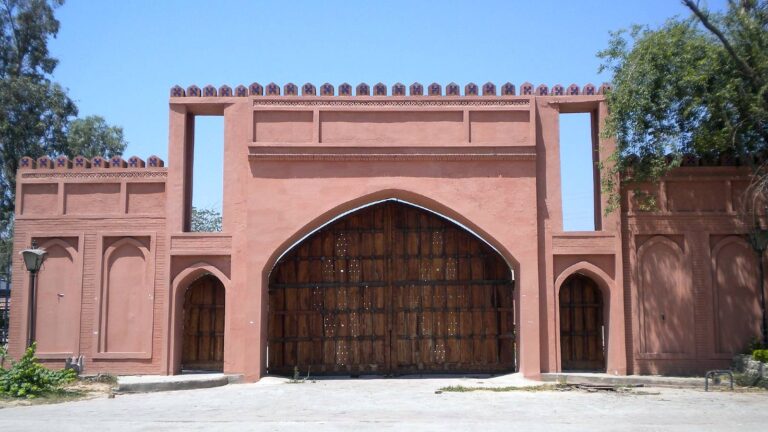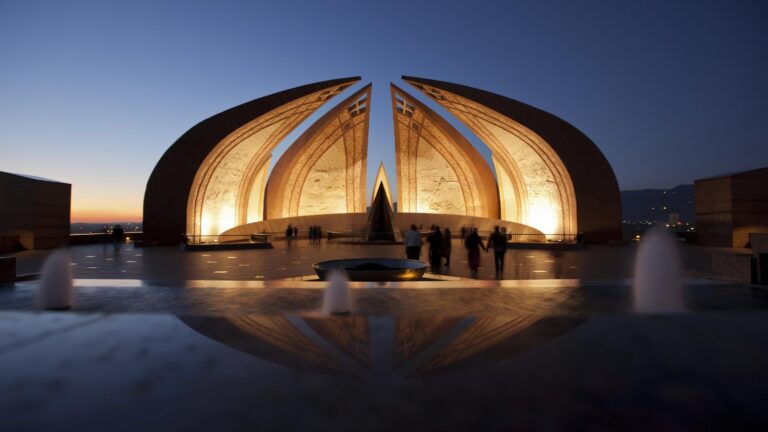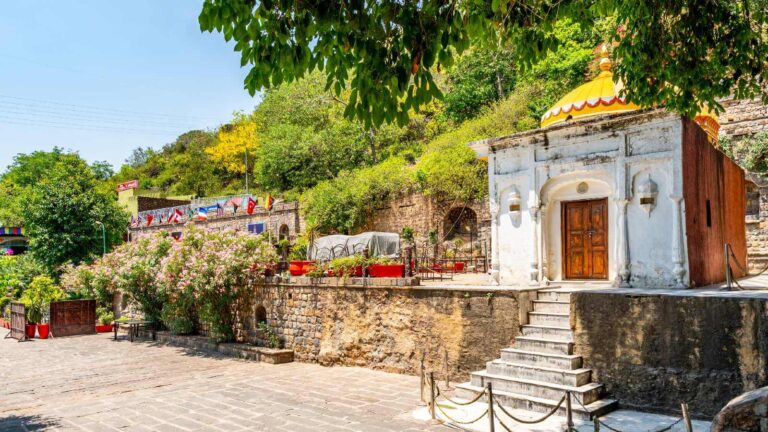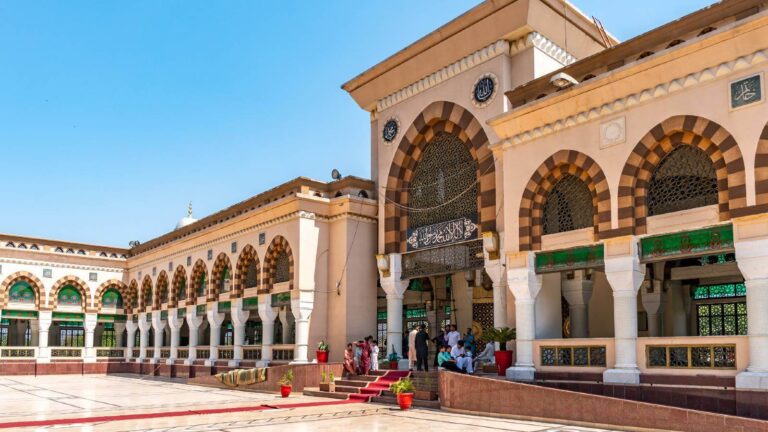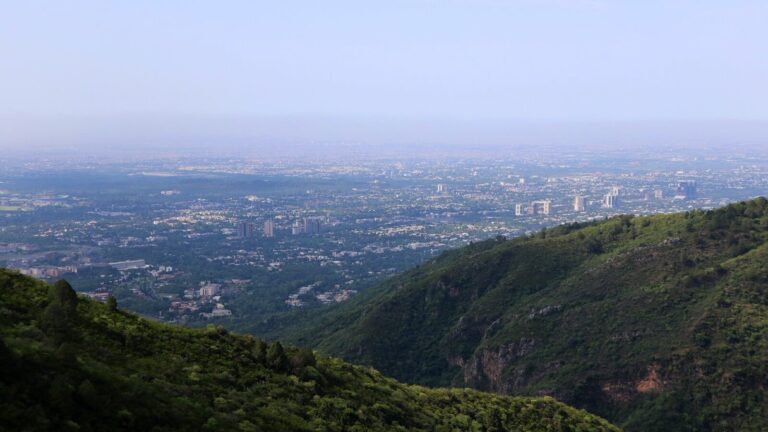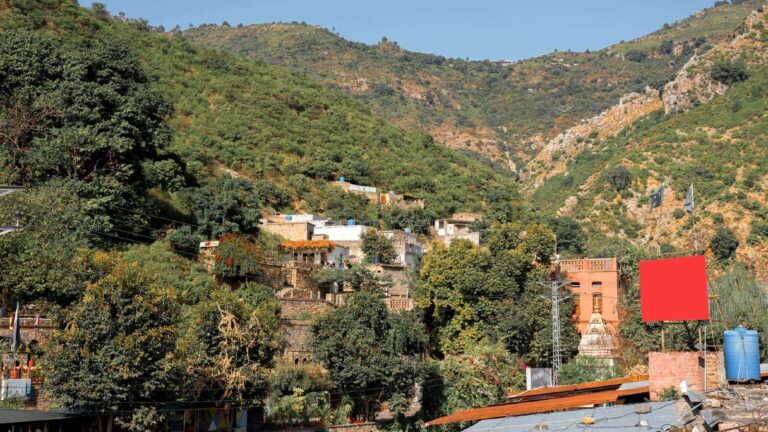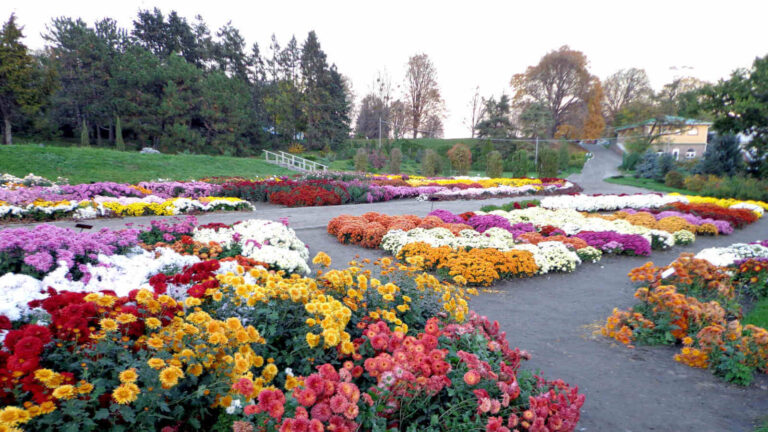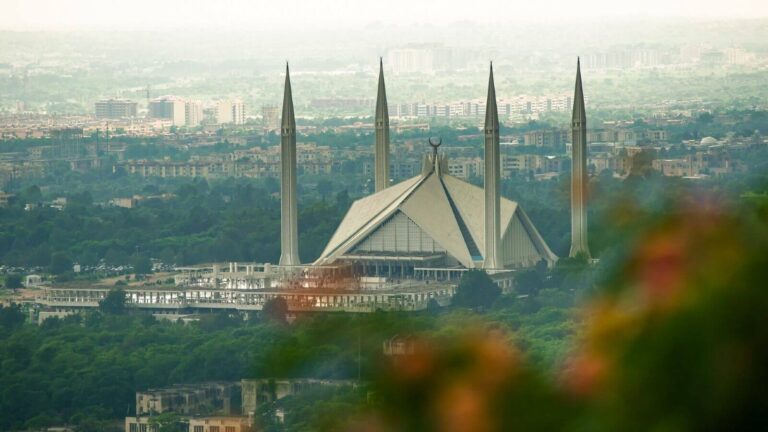Getting There
Reaching the Shrine of Hazrat Bari Imam Sarkar in Islamabad, Pakistan, is feasible through several transportation options within the country.
By driving, take Shahrah-e-Islamabad Road to reach the shrine. Signs and directions guide you to the site, making it a convenient option for those with personal vehicles.
Public buses and taxis are readily available in Islamabad. Some routes pass near the shrine, providing accessibility for travelers relying on public transportation.
Though Islamabad’s train network is limited, reaching the nearby Rawalpindi Railway Station is a starting point. From there, taxis or local buses can be used to complete the journey.
Taxis and rideshare services offer personalized transportation directly to the shrine’s entrance.
Choose transportation based on convenience, budget, and group size. Regardless of the mode selected, the Shrine of Hazrat Bari Imam Sarkar offers a spiritual and cultural experience for travelers exploring within the country.
What to Expect
Visitors to the Shrine of Hazrat Bari Imam Sarkar can expect a deeply spiritual experience immersed in Sufi traditions. The shrine exudes an atmosphere of reverence and devotion, where pilgrims and travelers gather to offer prayers and seek blessings.
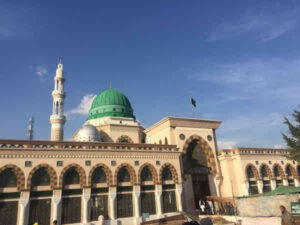
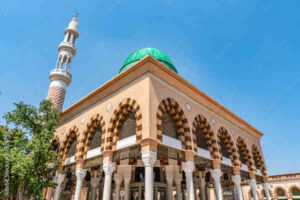
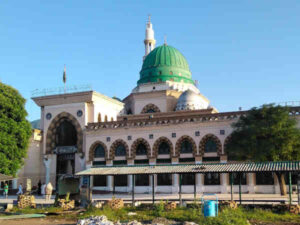
The site’s serene surroundings and architectural simplicity create an ambiance of tranquility, perfect for contemplation and introspection. Visitors can witness acts of devotion, including the recitation of verses and supplications, reflecting the spiritual connection between humanity and the divine.
The annual Urs festival is a highlight, attracting devotees from various backgrounds. It’s a vibrant celebration of the saint’s life, encompassing spiritual rituals, cultural festivities, and a sense of community unity.
Travelers can actively engage in prayers, witness the fusion of faith and culture, and gain insight into Sufi practices that promote tolerance and harmony. It’s an opportunity to immerse oneself in Pakistan’s rich spiritual heritage, connecting with the roots of Sufi teachings and their enduring impact on the nation’s cultural identity.
History
The history of the Shrine of Hazrat Bari Imam Sarkar traces back to the life and teachings of Hazrat Shah Abdul Latif Kazmi, known as Bari Imam. Born in the 17th century in a region encompassing modern-day Iran and Pakistan, Bari Imam became a revered Sufi saint known for his piety and devotion.
After his arrival in the subcontinent, Bari Imam settled in the Margalla Hills near Islamabad, where he dedicated his life to spiritual teachings and community service. His teachings emphasized compassion, unity, and humility, resonating deeply with people from diverse backgrounds.
The shrine, constructed as a mausoleum for Bari Imam, holds both historical and spiritual significance. Over the centuries, it has grown into a focal point of Sufi devotion, attracting devotees seeking solace, blessings, and enlightenment.
The annual Urs festival, commemorating Bari Imam’s death anniversary, is a testament to the saint’s enduring legacy. This celebration draws thousands of pilgrims, transcending religious and cultural boundaries, embodying the Sufi principle of inclusivity.
The shrine’s history reflects the prominence of Sufi spirituality in the subcontinent’s social and religious fabric. Bari Imam’s teachings, centered on love and service, played a pivotal role in fostering harmony and understanding among different communities.
Over time, the shrine has become not only a religious site but also a symbol of unity and cultural heritage. It signifies the timeless influence of Sufism in shaping Pakistan’s identity and ethos.
Visiting the Shrine of Hazrat Bari Imam Sarkar offers a glimpse into this rich history, immersing travelers in the essence of Sufi wisdom and its profound impact on the nation’s spiritual and communal landscape.
Facilities Available
- Prayer Facilities: Dedicated areas for prayers and devotion within the shrine complex.
- Guides: Sometimes available to offer insights into the shrine’s history and practices.
- Public Toilets: Restroom facilities for visitors’ convenience.
- Reflective Spaces: Tranquil corners for contemplation and spiritual introspection.
- Gardens: Serene outdoor areas for relaxation and quiet reflection.
- Urs Festival: Annual event featuring spiritual rituals, cultural festivities, and communal unity.
- Wheelchair Accessibility: Ramps and pathways to ensure accessibility for all visitors.
- Interfaith Outreach: Open to people of all faiths, fostering interfaith understanding.
- Photography: Allowed in designated areas, capturing the atmosphere of devotion.
- Closest Accommodation: Range of accommodations available in Islamabad, catering to different preferences and budgets.
- Wi-Fi: Limited to no Wi-Fi availability, promoting a peaceful environment.
- Tourism Information: Occasionally available in multiple languages, offering insights for international visitors.
- Public Transportation: Accessible by public buses, with some routes leading to the shrine.
- Taxis/Rideshare: Taxis and rideshare services offer personalized transportation.
- Safety Measures: Signage, security personnel, and regulations to ensure a safe visit.
- Fuel: Nearby fuel stations for those traveling by private vehicles.
- Souvenir Shops: Shops offering Islamic-themed items, books, and mementos.
- Local Eateries: Street vendors and eateries around the shrine for refreshments.
- Cultural Exchange: Opportunity to engage with devotees and learn about Sufi traditions.
- Spiritual Healing: Many believe in the shrine’s spiritual blessings for healing and guidance.


